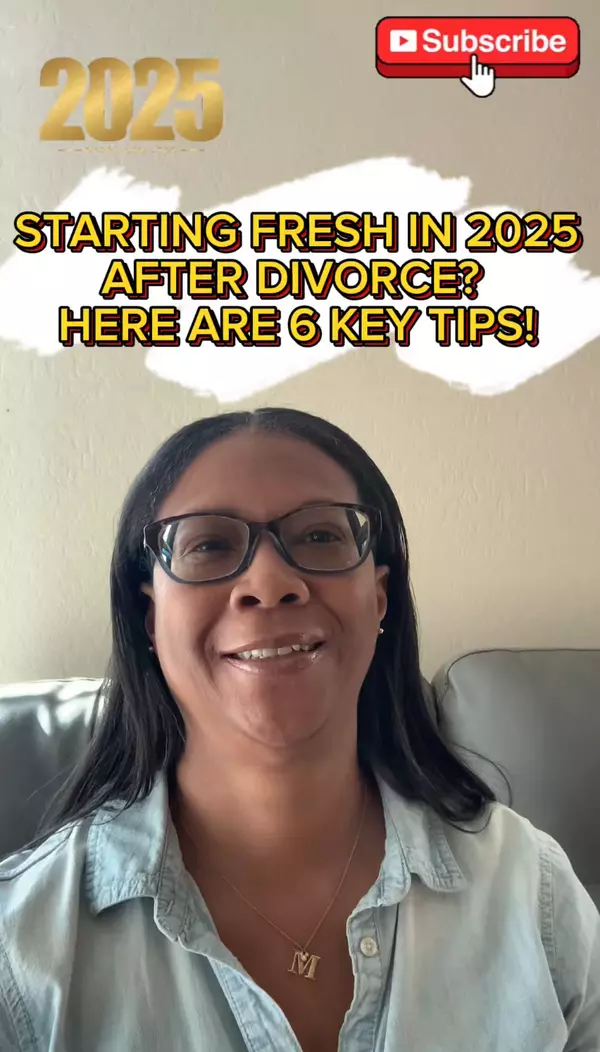Understanding the Unique Grief of Divorce: How It Differs From Losing a Spouse and Steps to Rebuild Your Life
RELATED VIDEO: Divorce Grief v Death Grief: Is grief the same or different?
Divorce and the death of a spouse share a painful commonality: they are both profound losses. Yet, the grief stemming from each is distinct, shaped by the circumstances and emotions surrounding them. While losing a spouse through death is final and often met with communal support, divorce brings a unique set of challenges and complexities that can make the healing process more isolating and prolonged.
In this post, we’ll explore how the grief of divorce differs from losing a spouse to death and practical steps you can take to regain your footing after a divorce.
How Divorce Grief Differs From Losing a Spouse
-
Ambiguous Loss vs. Finality
- Death is a clear and finite loss; there’s no chance for reconciliation. With divorce, however, your former spouse is still alive, which can lead to a sense of ambiguous loss. The person you shared your life with is gone emotionally but not physically, complicating the grieving process.
-
Social Stigma vs. Empathy
- Death is often met with sympathy, support, and rituals to help the grieving process. Divorce, on the other hand, can carry a social stigma. Friends and family may take sides or offer less understanding, leaving you feeling isolated.
-
Emotional Complexity
- Divorce often comes with a mix of emotions: anger, resentment, betrayal, and relief. With death, grief is usually centered on sadness and longing. Divorce forces you to confront not only the end of the relationship but also its unresolved issues.
-
Shared Responsibilities
- Unlike death, divorce often requires ongoing interaction with your former spouse, especially if children or shared assets are involved. This continuous connection can delay healing and create additional stress.
-
Self-Identity
- Losing a spouse to death prompts you to mourn the person who has passed and your shared dreams. In divorce, you not only grieve the relationship but also the version of yourself that existed within it. You must rediscover who you are outside of that partnership.
Steps to Rebuild Your Life After Divorce
Reclaiming your life after divorce requires intentional effort and support. Here are steps to help you move forward:
1. Acknowledge Your Feelings
- Allow yourself to feel the full range of emotions—anger, sadness, relief, and even joy. Journaling or talking with a therapist can help you process these emotions in a healthy way.
2. Seek Support
- Lean on trusted friends, family, or a divorce support group. Sharing your experience with others who understand can reduce feelings of isolation.
3. Take Care of Your Finances
- Divorce can be financially disruptive. Work with a financial advisor to create a budget, manage assets, and plan for your future.
4. Set Boundaries
- If you must maintain contact with your ex, set clear boundaries to minimize conflict and protect your emotional health.
5. Rediscover Yourself
- Focus on activities that bring you joy and fulfillment. This could be pursuing a hobby, learning a new skill, or traveling. Reconnecting with yourself is a powerful way to move forward.
6. Prioritize Your Health
- Divorce can take a toll on your physical and mental well-being. Maintain a healthy diet, exercise regularly, and consider mindfulness practices such as yoga or meditation.
7. Seek Professional Guidance
- A therapist or counselor specializing in divorce can help you navigate this emotional transition. Similarly, if selling your home or dividing assets, work with professionals who understand the complexities of divorce-related transactions.
8. Focus on Your Future
- Set realistic goals for your personal and professional life. Visualizing a brighter future can give you the motivation to take small, manageable steps toward it.
Final Thoughts
Divorce is a loss that challenges your emotional, social, and financial stability. While it is a different kind of grief than losing a spouse through death, both experiences require time and self-compassion to heal. By taking intentional steps and seeking support, you can not only recover but also rediscover a sense of purpose and joy in your life.
Remember, healing is not a linear process, and it’s okay to ask for help along the way. Whether through therapy, friends, or community resources, you don’t have to face this journey alone.
Categories
Recent Posts










Realtor | License ID: SA704825000
+1(734) 255-0115 | michelle@keyedinwithmichelle.com

